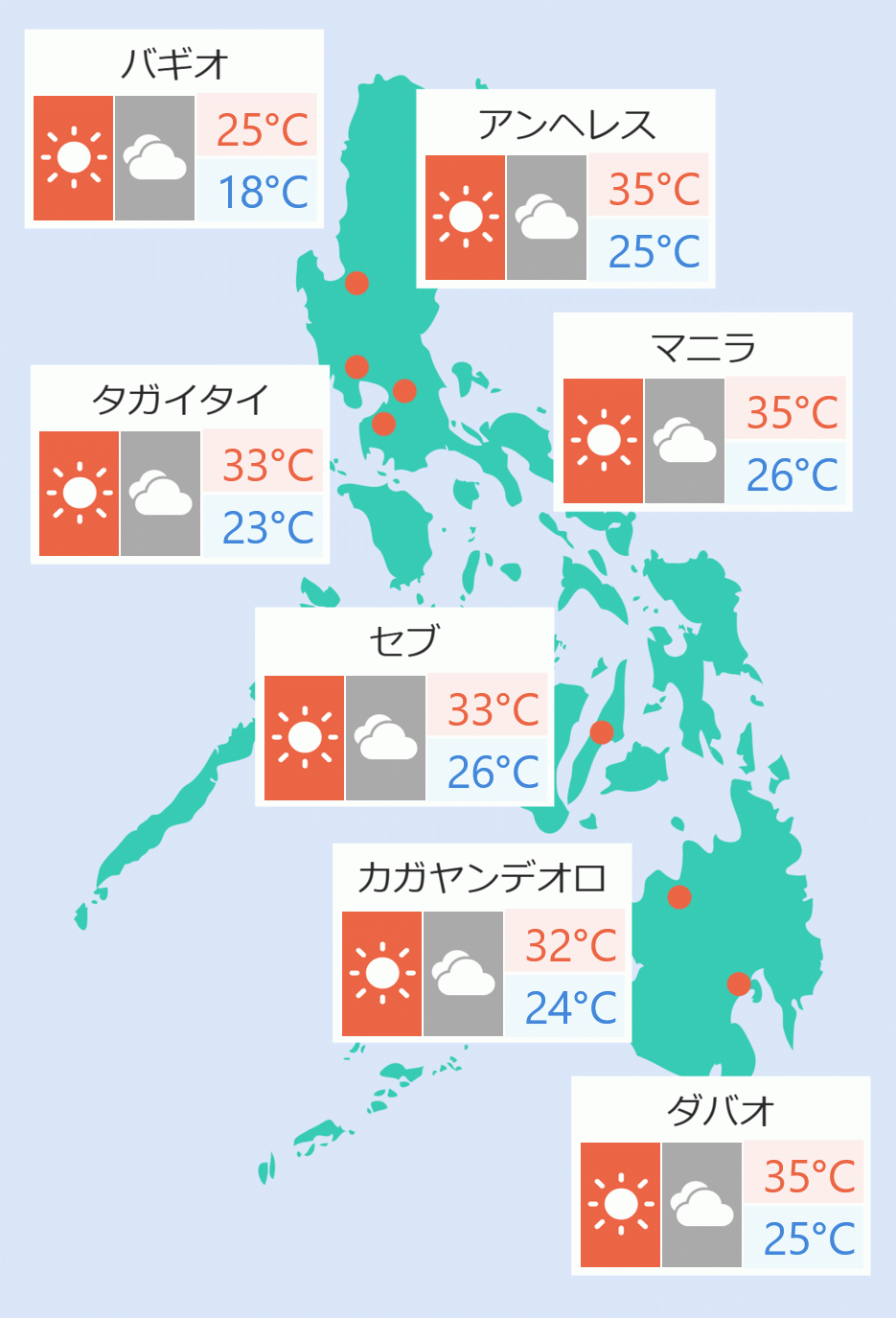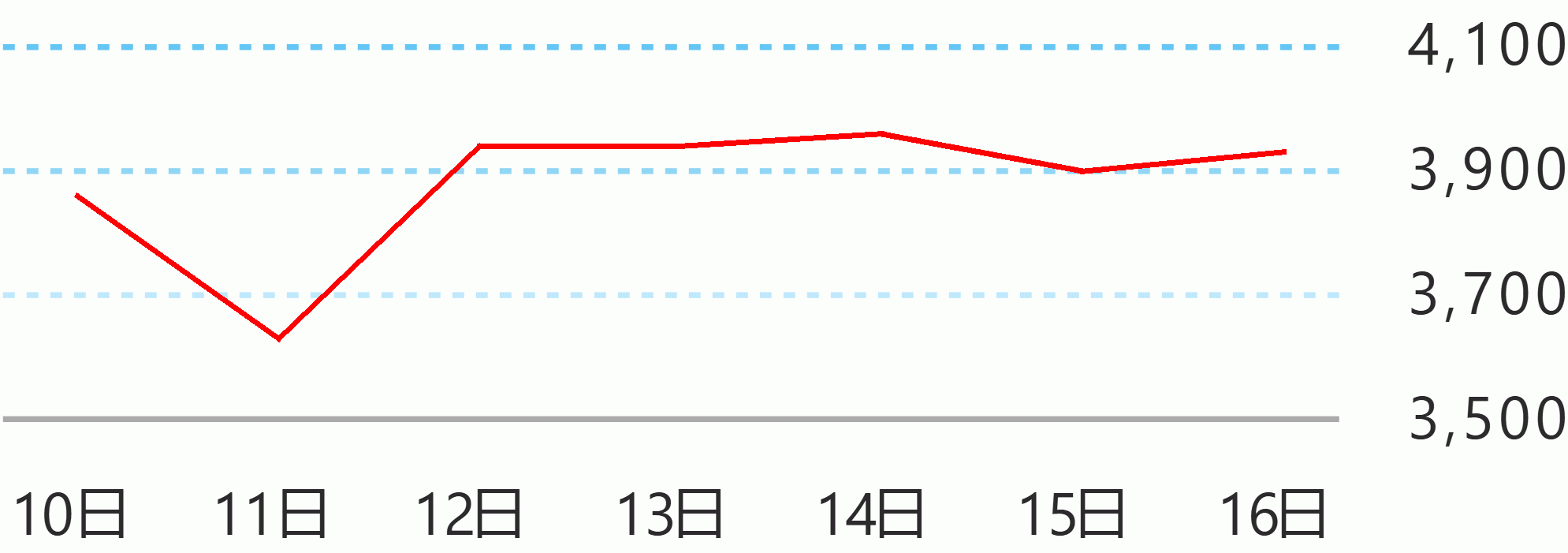There is no way for the Philippines to be spared if the tension between the United and States and China in the South China Sea ends up into a "shooting war," Defense Secretary Delfin Lorenzana warned on Wednesday.
In a virtual forum, Lorenzana cited the crucial role of the Philippines insofar as the South China Sea issue is concerned, noting that in the past five months, he got personal calls and visits from the defense officials of six countries.
These include former Japanese Defense Minister Taro Kono on May 12 via a phone call; Chinese Defense Minister Wei Fenghe on May 20 via a phone call; Australian Defense Minister Linda Reynolds on May 21 via a video call; France Defense Minister Florence Parly on June 9 via a phone call; former US Defense Secretary Mark Esper on June 12 via a phone call; Wei on September 11 through a personal visit; Reynolds on October 22, personal visit; and Japanese Defense Minister Nobuo Kishi on October 23 via a video call.
"The security concern that has occupied the interest and time of the security agencies in the region is the rising tension in the South China Sea between the two superpowers. This then is the crux of the security challenge in the Indo-Pacific Region, the looming confrontation of the US and its allies and China over the South China Sea," Lorenzana said.
"While the US and China continue to assert that their actions are defensive, the danger of miscalculation is ever present like the near collision of two frigates belonging to the US and China two years ago. The recent decision of the Chinese government to arm their Coast Guard vessels patrolling the South China Sea has upped the ante even more and if ever a shooting war happens, Philippines which is right smack in the middle of the conflict, will be involved whether she likes it or not," he stressed.
He said that China also bristles at the participation of other countries, which expressed support on the arbitral ruling favoring the Philippines, in the US-led patrols in the disputed waters.
"To illustrate how important the South China Sea is and the crucial role of the Philippines in the region, I got personal calls and personal visits from the defense ministers, secretary of six nations in the past five months," he said.
Lorenzana said the two topics that dominated the discussions were the coronavirus pandemic and the South China Sea, with the latter "taking a large share of time."
"What do this tell us? That the South China Sea is important to a lot of nations. That the tension in the South China Sea will continue to rise as China will continue to accuse the US and other nations of provocation and destabilization in the region. That the West is trying to contain the rise of China," he said.
Aside from the Philippines and China, other Southeast Asian countries, such as Brunei, Malaysia, and Vietnam, as well as Taiwan, have also claims in the South China Sea.
Lorenzana said ASEAN would exert considerable influence on issues and events in the South China Sea "if only it could act as one."
But he said, "this is not possible at the moment due to conflicting interests, if 10 ASEAN member states could not even agree to a common communique during a summit several years ago. Complicating the matter is the Chinese preference for bilateral dialogue as against a multi lateral one." Celerina Monte/DMS




 English
English











